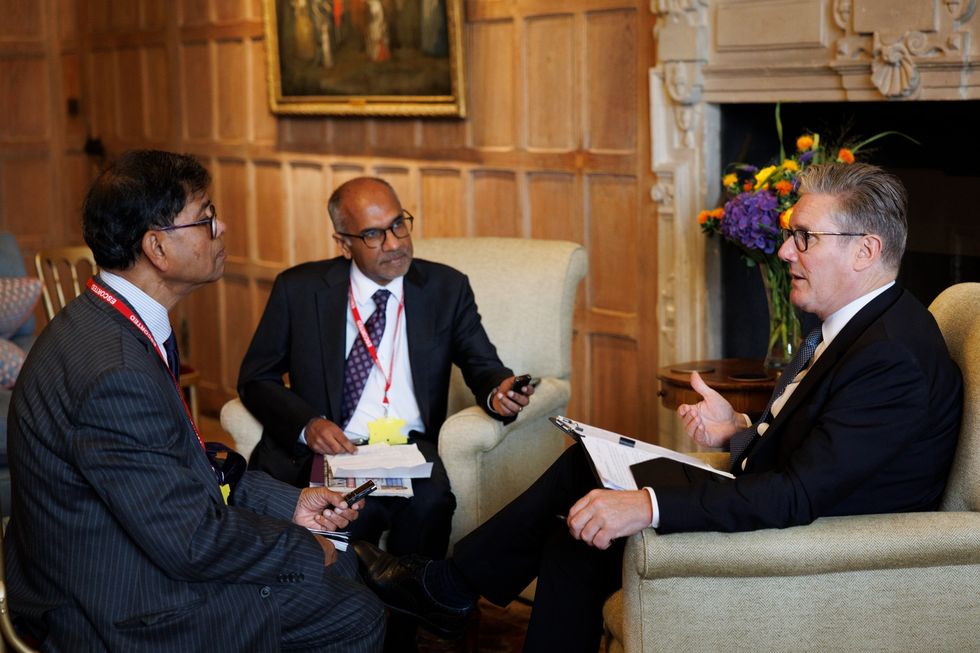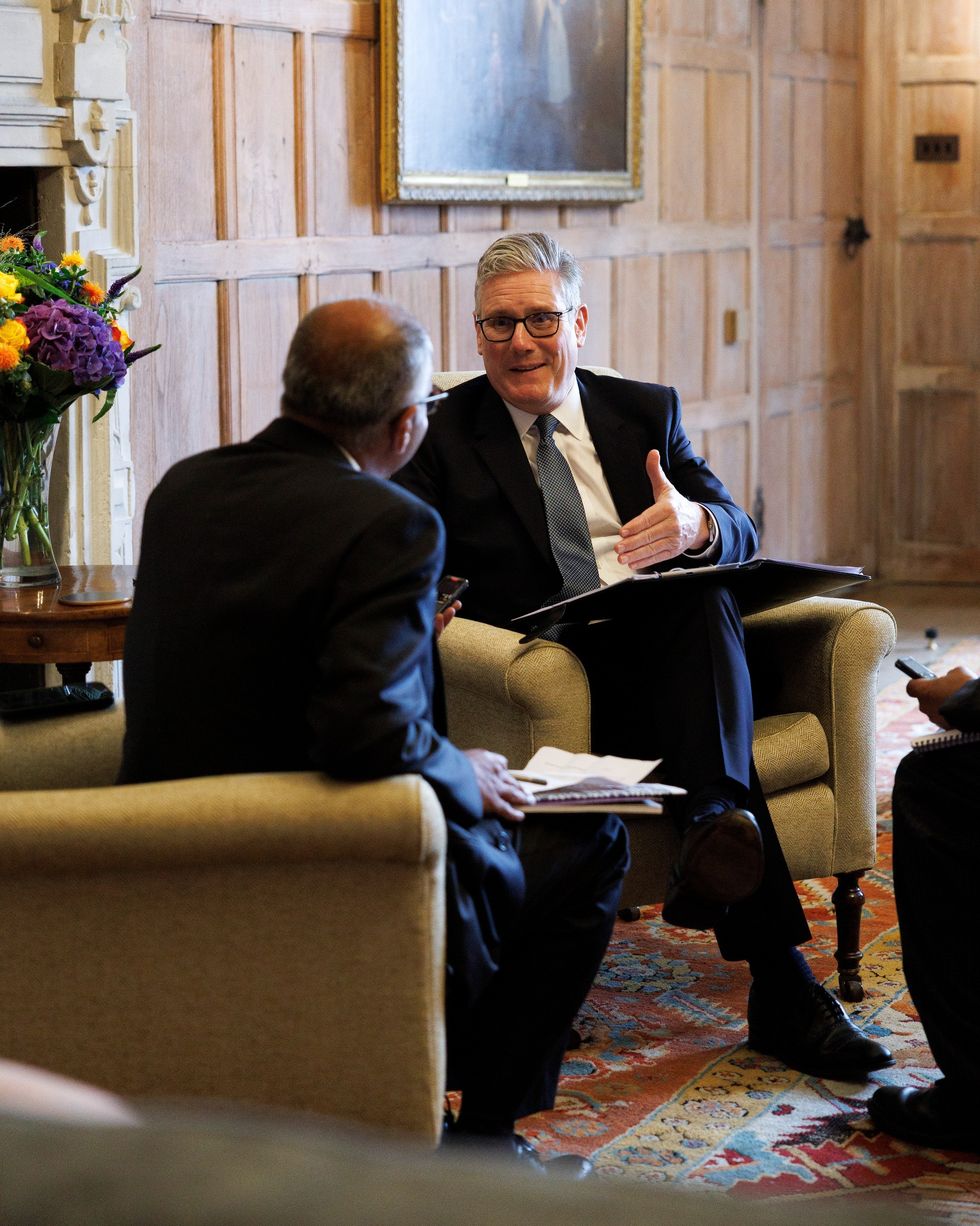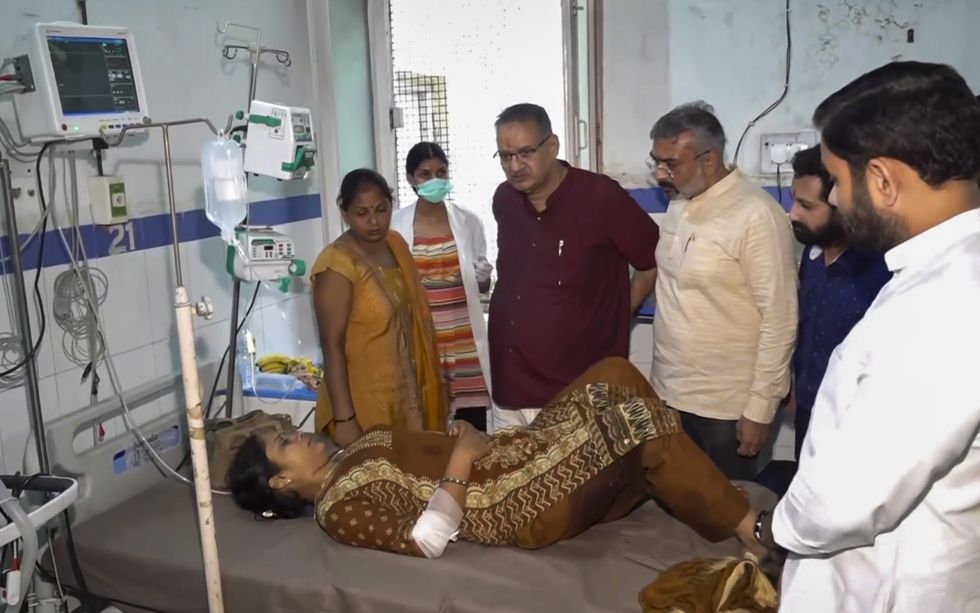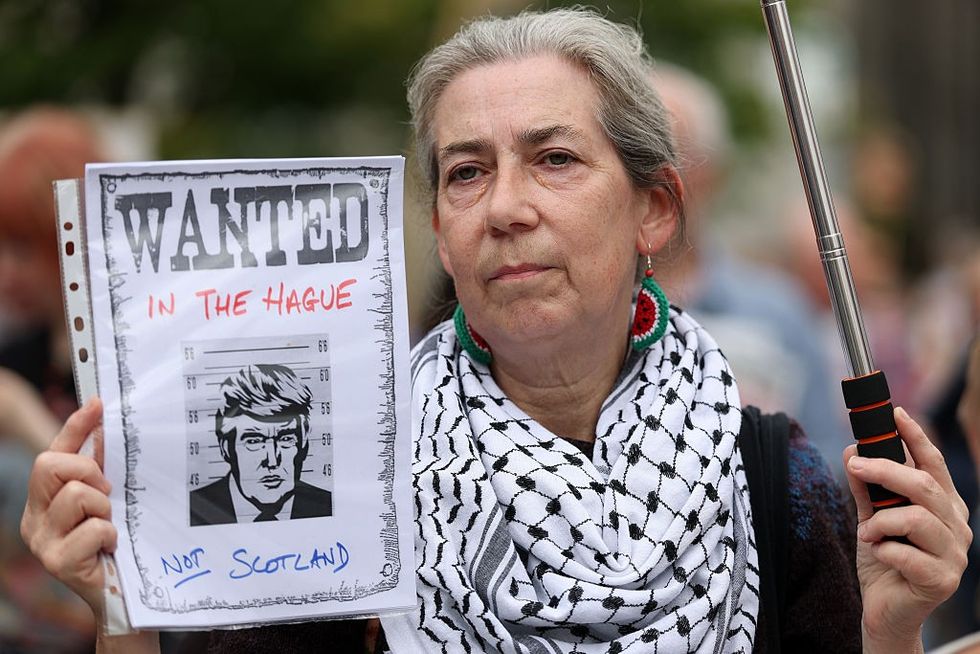TRIBUTES have been paid to Narmadaben, wife of renowned spiritual leader Pujya Morari Bapu, who died at the age of 79 at their home in Talgajarda village, in Gujarat’s Bhavnagar last Wednesday (11).
Prime minister Narendra Modi spoke to Pujya Morari Bapu to offer his condolences following the loss.
Family members and local devotees attended the funeral which took place at their family home last Wednesday, amid traditional Hindu rites.
Shops and other establishments were closed in Talgajarda last Wednesday as a mark of respect to Pujya Narmadaben, as she was known among residents of the area. Reports said she had been unwell for some time, and locals had been offering prayers for her recovery in recent days. “Narmadaben breathed her last during the early hours of Wednesday at their residence in Talgajarda village,” a close aide of Pujya Morari Bapu told reporters. “She was given samadhi with full traditional spiritual rites at the same location in the morning.”
Pujya Morari Bapu is known across India and abroad as one of the leading narrators of Ramkatha. He is well regarded for his recitations of the Ramcharitmanas, the popular version of the Ramayana, written by poet Tulsidas.
Pujya Morari Bapu and Narmadaben were married in Vanot village and had four children – a son and three daughters. She played an important role in quietly and steadfastly supporting her husband’s religious mission.

















 Sir Keir Starmer (R) speaks to Eastern Eye executive editor Shailesh R Solanki and Amit Roy, editor-at-large, during the interview.
Sir Keir Starmer (R) speaks to Eastern Eye executive editor Shailesh R Solanki and Amit Roy, editor-at-large, during the interview.  Keir Starmer during the interview
Keir Starmer during the interview
 Uttarakhand Minister Ganesh Joshi, in red shirt, meets an injured lady undergoing treatment at a hospital after a stampede broke out at Mansa Devi temple, in Haridwar, Uttarakhand, Sunday, July 27, 2025. (PTI Photo)
Uttarakhand Minister Ganesh Joshi, in red shirt, meets an injured lady undergoing treatment at a hospital after a stampede broke out at Mansa Devi temple, in Haridwar, Uttarakhand, Sunday, July 27, 2025. (PTI Photo)
 Demonstrators gather at Union Terrace protesting against the visit of President Trump to Scotland on July 26, 2025 in Aberdeen, Scotland. (Photo by Jeff J Mitchell/Getty Images)
Demonstrators gather at Union Terrace protesting against the visit of President Trump to Scotland on July 26, 2025 in Aberdeen, Scotland. (Photo by Jeff J Mitchell/Getty Images)